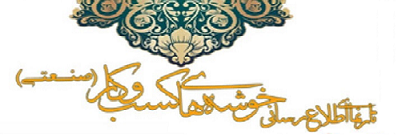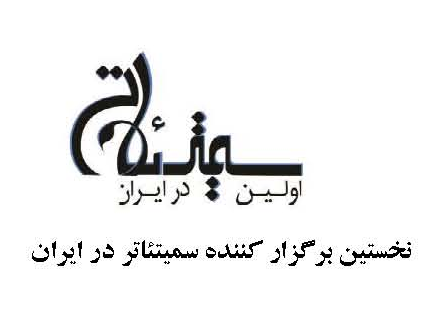صنعت کشتیرانی در ایران-سه ماهه چهارم2011
Executive Summary
We continue to be concerned by the state
of the shipping industry. Container shipping companies are struggling to push
through rate increases and liquid and dry bulk operators are contenting with
some of the lowest daily returns in years. The cause is overcapacity, which
looks unlikely to ameliorate any time soon. Further, there are fresh challenges
on the way, including the mega ships being built by Vale and Maersk
Line.

In Iran it seems certain that the country's maritime industry's impressive growth in the face of international sanctions will weaken this quarter as western sanctions continue to target it. The latest blow is the addition of ports operator Tidewater to the list, which will result in a drop in the number of services calling at Bandar Abbas. The country's shipping companies also continue to be in the firing line. Whether Iran's planned 'economic jihad' of investment in the sector will negate these downward pressures remains to be seen.
Headline Industry Data
2011 Port of Bandar Abbas throughput
growth forecast 1.4%, and to average 2.7% per annum to 2015.
2015 Port of Bandar Abbas throughput expected to reach 2,963,131 20-foot
equivalent units (TEUs).
2011 total trade real growth forecast at 0.1%, and to average 1.7% to 2015.
Key Industry Trends
Tidewater Added To US Blacklist As
Sanctions Noose Tightens On Iran: Iranian trade, already severely hampered by
US sanctions intended to curb the state's alleged nuclear weapons programme,
was dealt another blow in July as the country's ports operator has been
blacklisted by the US. Maersk Line, the world's number-one container
shipping line, has already stated that it will suspend all services to Iranian
ports.Seized Ships Handed Back - In April 2011, the last of five cargo ships
that had been seized was handed back to Iran in Malta. With European banks
calling in loans to Islamic Republic of Iran Shipping Lines (IRISL),
Iranian vessels had been impounded around the world in 2010.

New York Legislators Fire Warning Shots In IRISL Sanctions Battle: The risk of
doing business with any company with possible links to IRISL, formerly
known as the Islamic Republic of Iran Shipping Lines, has been further
highlighted in June by a 317-count indictment filed in New York against the
company and 10 alleged alias corporations. The contagion is such that French
shipping line CMA CGM,accused by a number of US politicians of being lax
in their checks up to now, has set up a special 'Iran desk' to ensure no
further contraband cargos are carried on their vessels.
Iran Wages 'Economic Jihad' To Boost Marine Security: The Iranian maritime
sector has big development plans for the current Iranian year, which runs to
March 2012, with 103 projects in the pipeline. These include 89 infrastructure
development projects and 14 equipment projects. BMI notes that
throughput at the country's ports has continued to show remarkable growth in
the face of US-led sanctions, and that these works will help this, though with
sanctions intensifying all the time we wonder for how long the growth can
continue.
Key Risks To Outlook
The sanctions imposed on Iran provide
considerable risk to our forecasts. With the nuclear-energy development
programme, which the Iranians insist is not for the development of weapons,
elevated to the status of a national cause, it seems unlikely that it will be
dropped anytime soon. It has long been known that Tehran's intention is to
become a political and military powerhouse in the Gulf, a situation that has
proved unnerving to its regional neighbours. That several Middle Eastern states
have been actively calling for military action against Iran's nuclear
facilities, despite the massive risks to regional stability that this would pose,
clearly highlights their concern surrounding the possibility of a nuclear-armed
Tehran in the region.

The addition of Tidewater, and the company's ports, to the boycotted list, will have massive ramifications for the port of Bandar Abbas, and will halt the double-digit growth the facility has enjoyed in recent months. Equally, as Iran is so reliant on the export of its oil to feed its economy, any fluctuation in the price of fossil fuels could provide risk to our projections.
گزارش تحلیلی بیزینس مانیتور- صنعت کشتیرانی در ایران- سه ماهه چهارم 2011

